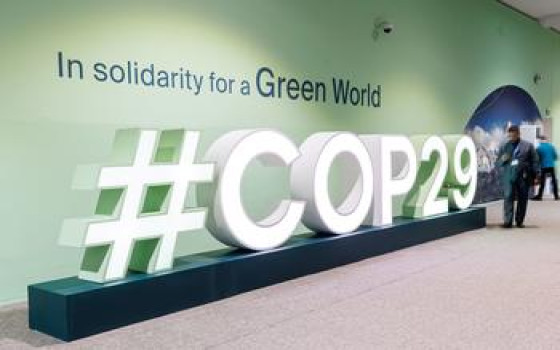
UN Secretary-General calls for climate action financing "or humanity will pay the price"

- Europe and Arabs
- Wednesday , 13 November 2024 10:6 AM GMT
BAKU - NEW YORK: Europe and Arabs
UN Secretary-General Antonio Guterres said that leaders gathered in Baku for the Climate Action Summit must take immediate steps to reduce emissions, protect people from climate chaos, and tear down barriers to climate finance in response to the "big lesson in climate destruction" that the world witnessed in 2024. According to the UN daily news bulletin, a copy of which we received this morning, Wednesday.
Guterres warned that time is running out for action, saying: "The sound you hear is the sound of the clock ticking. We are in the final countdown to limiting global temperature rise to 1.5 degrees Celsius. Time is not on our side." This came in his opening remarks to the World Leaders' Climate Action Summit, the ministerial part of the 29th Conference of the Parties to the United Nations Framework Convention on Climate Change (COP-29), which officially opened on Tuesday in the Azerbaijani capital, Baku.
Antonio Guterres pointed to evidence that time is running out, noting that 2024 will likely be the hottest year on record. Meanwhile, “no country is immune” from climate devastation, ranging from hurricanes and boiling seas to droughts that destroy crops and more, all exacerbated by man-made climate change.
An avoidable injustice
In the global economy, supply chain shocks are driving up costs – everywhere: poor crop yields drive up global food prices; destroyed homes drive up insurance premiums.
“This is an avoidable injustice: the rich cause the problem, and the poor pay the highest price,” Guterres said, noting that Oxfam found that the richest billionaires emit more carbon in an hour and a half than the average person does in their lifetime.
“Unless emissions fall and adaptation increases,” he stressed, “every economy will face far greater consequences.”
Reasons for hope
The Secretary-General went on to say that there are reasons for hope, pointing to the strong steps taken last year at the 28th climate conference (COP28) in the United Arab Emirates. All countries in the UAE agreed to move away from fossil fuels; accelerate net-zero energy systems, setting milestones to get there; strengthen climate adaptation; and align the next round of economy-wide national climate plans – or Nationally Determined Contributions – with the 1.5°C limit set in the Paris Climate Agreement.
“It is time to deliver,” said António Guterres, stressing that a poll by Oxford University and the United Nations Development Programme found that 80 per cent of people worldwide want more climate action. In addition, “scientists, activists and young people are demanding change – they must be heard, not silenced.”
The UN chief also noted that last year, for the first time, the amount invested in grids and renewables exceeded the amount spent on fossil fuels. Today, solar and wind are the cheapest sources of new electricity almost everywhere.
“Doubling down on fossil fuels is absurd,” Guterres said. “The clean energy revolution is here.” No group, company, or government can stop it. But you can and must ensure that it is a just revolution and fast enough to limit global temperature rise to 1.5°C.”
3 priorities
“Developing countries must not leave Baku empty-handed,” Mr. Guterres said, urging world leaders at the conference to focus on three areas for immediate action:
1. Make urgent emissions cuts – reducing emissions by 9 percent each year to 43 percent of 2019 levels by 2030. This is the clearest path to limiting global temperature rise to 1.5°C.
2. Do more to protect people from the ravages of the climate crisis. The gap between adaptation needs and financing could reach $359 billion a year by 2030. The dollars lost are not just abstract amounts on the balance sheet: they are lives lost, crops lost, and development denied to people.
3. Break down barriers to climate finance by agreeing on a new financing target that includes a significant increase in concessional public finance; and a clear indication of how public finance will mobilize the trillions of dollars that countries need Developing; leveraging innovative sources; developing a framework to increase access, transparency and accountability; and strengthening the lending capacity of larger and bolder multilateral development banks.
Climate finance or pay the price
“On climate finance, the world must pay, or humanity will pay,” the UN Secretary-General told world leaders. “You and your governments must be guided by one clear truth: climate finance is not charity, it is an investment. Climate action is not optional, it is imperative.”
In his remarks to the Leaders’ Summit, UNFCCC Executive Secretary Simon Steele echoed many of the same themes, warning that the climate crisis is fast becoming an economic killer.
“Climate impacts are cutting up to 5 per cent off GDP in many countries,” he said, underscoring that the climate crisis is a cost-of-living crisis because climate-related disasters are driving up costs for households and businesses.
He urged leaders to learn the lessons of the pandemic – when billions of people suffered because collective action was not taken quickly enough when supply chains were broken. “Let’s not make that mistake again. Climate finance is global insurance against inflation. High climate costs should be public enemy number one.” He went on to stress that bolder climate action could deliver economic opportunity and abundance everywhere. Cheap, clean energy can be the bedrock of many economies. It means more jobs, more growth, less pollution that chokes cities, healthier citizens and stronger businesses. “Billions of people simply cannot afford for their governments to leave the climate conference without a global climate finance target,” Mr Steele told the leaders.


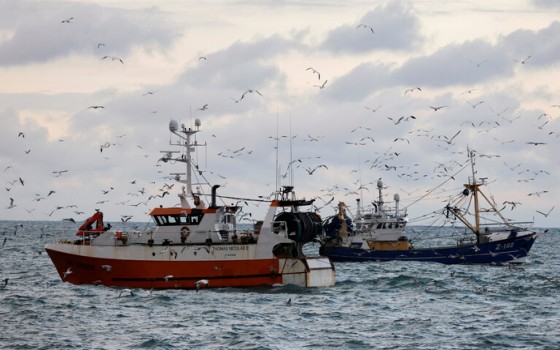

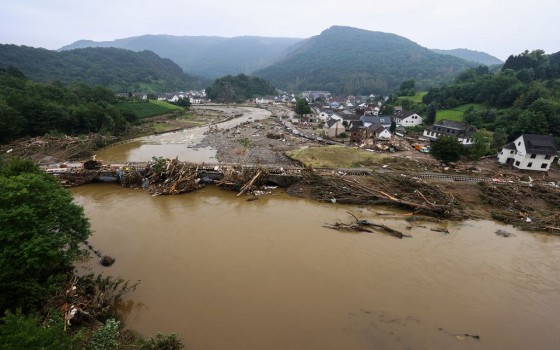
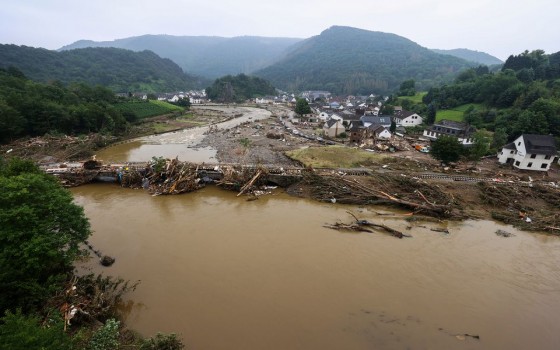


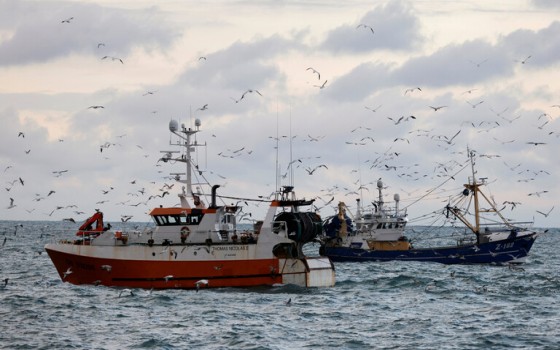



No Comments Found